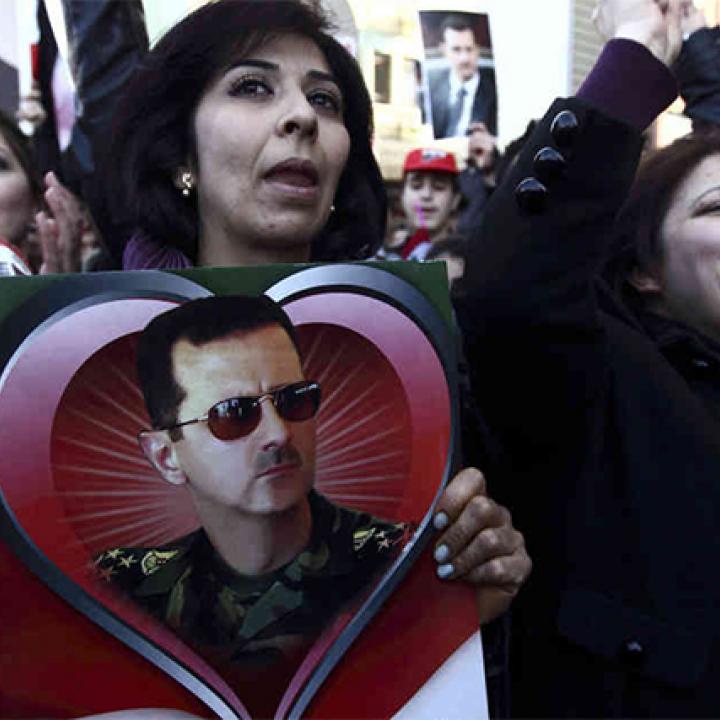Part III
Successive Turkish regimes considered the Arabic language and culture an enemy to their presence in Alexandretta , and the Turkish government maneuvered it so that it became advantageous to work and trade using the Turkish language .On the other hand use of the Arabic language almost amounted to treason and in many cases was a reason for political accusations and unjust prosecutions, which weakened its status.Turkification was Turkey’s sole target in the hope of erasing all lingual and cultural ties to Syria . This resulted in the emigration of a large group of intellectuals thus leaving the Syrians of Alexandretta in a vacuum – a people without leadership, which weakened them against further intellectual invasions .
In the summer of 2013 fierce confrontations took place in the Armatliya neighborhood in Antakya, between young men and the Turkish police forces, due to the demonstrations that took place in protest against the war.The police brutally suppressed these demonstrations which lasted for ten days, killing three young men.
The people of the Alexandretta were clear on their position regarding the war on Syria, which was represented in rejecting Turkish foreign policy, and refusing to allow the region to be used as a route for the passage of weapons and armed terrorist groups.They intercepted many “ambulances” that were smuggling weapons across the border, and they staged mass demonstrations undeterred by the harsh repercussions of the Turkish state . Many seminars and conferences were organized in support of Syria, with the participation of deputies, political parties and artists.Though Turkey at the moment has the upper hand but recent events in Alexandretta show that this will not continue for long for the Syrians of Alexandretta though deprived of their Arabic language and connections to the homeland are true to their souls and instincts and blood is thicker always thicker than water.
Reem Haddad
Editor – In – Chief

